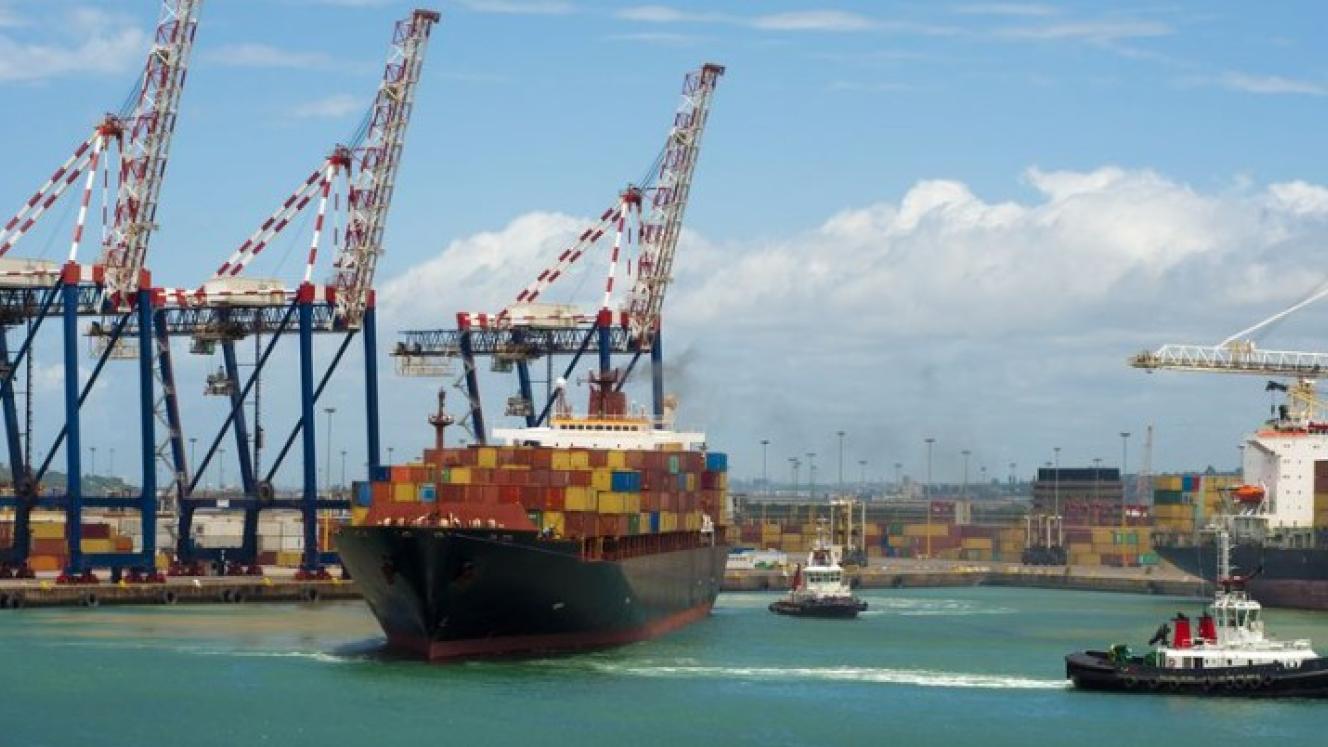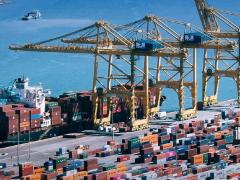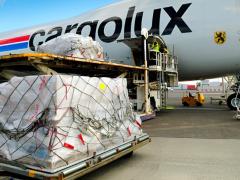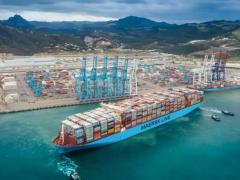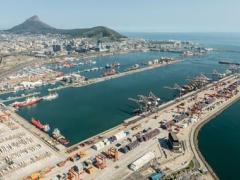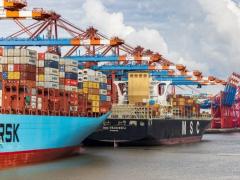US President Donald Trump has granted a one-week reprieve on a new wave of sweeping tariffs that were set to take effect on 1 August, in a move widely seen as a last-minute attempt to provide room for negotiation with key trading partners.
The decision, announced late on Wednesday, temporarily postpones the imposition of duties ranging from 10% to 50% on dozens of countries. The revised deadline has now been pushed out to 7 August.
According to The Wall Street Journal (WSJ), the reprieve is aimed at giving nations “one additional week (…) to finalise deals that might reduce their tariff rates”.
The WSJ reports that the executive order was signed just hours before the original deadline, catching many international observers off guard.
The Guardian writes that the delay would help “ease confusion and negotiation with several countries,” citing concerns raised by US allies over the lack of clarity in the new tariff structure.
The publication highlights that the tariffs are part of Trump’s broader push to reshape global trade in favour of what he calls “America First 2.0.”
The tariffs will affect a wide range of goods and countries. According to Republic World, 69 nations are facing new or increased duties, including key US allies such as South Africa, Canada, India, Japan, and several EU member states. The duties are particularly steep on sectors such as electronics, automotive components, raw materials and agricultural produce.
Not all countries are treated equally under the reprieve. Reuters reports that Mexico has secured a 90-day delay in the implementation of certain tariffs, reportedly tied to US demands regarding fentanyl enforcement and compliance with the USMCA trade agreement (US-Mexico-Canada). A Mexican official described the reprieve as a “temporary but critical window.”
India, meanwhile, has received a specific two-week delay on a proposed 25% tariff targeting its electronics exports. According to Yahoo Finance, the delay is intended to “allow bilateral talks on the future of tech-sector cooperation” between the two nations.
Despite the temporary nature of the relief, financial markets and trade analysts remain wary of what comes next.
“This is a Trump-style negotiation tactic – escalate, then pause briefly to see who blinks,” a trade policy expert told The Guardian.
“But with global supply chains still fragile, even a one-week delay leaves everyone in a state of uncertainty.”
Unless new agreements are struck in the coming days, the tariffs will now come into force next Thursday.

